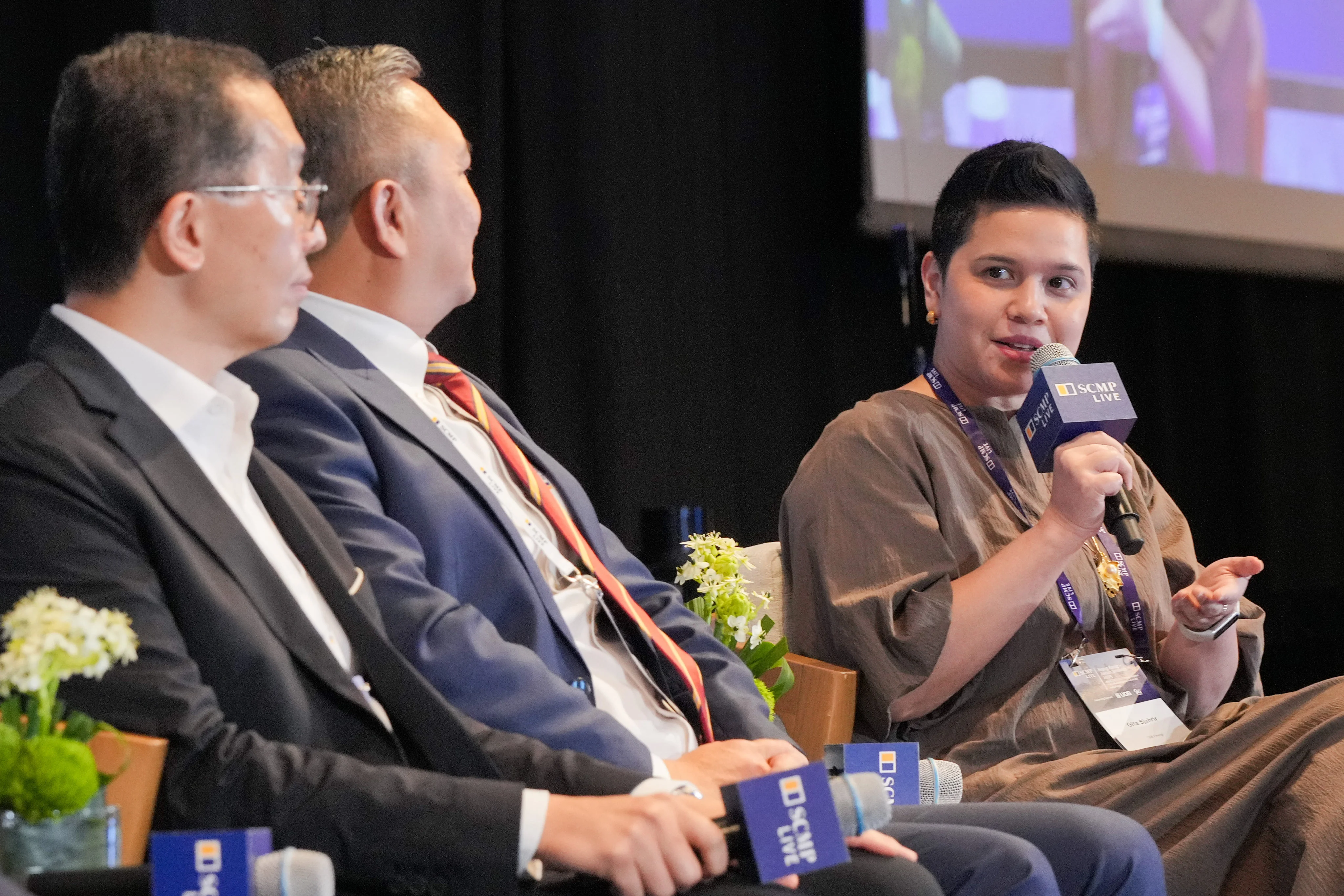By Jean Iau
Copyright scmp

At first glance, Gita Sjahrir is often mistaken for just another secretary or typist. It’s only when her surname is mentioned that colleagues realise she is, in fact, a managing director of one of Indonesia’s leading power companies.
Earlier this year, the 43-year-old assumed responsibility for investor relations at TBS Energi, which was founded by her uncle, Luhut Binsar Pandjaitan, chairman of Indonesia’s National Economic Council and a former coordinating minister.
Her entry into the firm was prompted by her brother, Pandu, chief investment officer at sovereign wealth fund Danantara, who told her about TBS Energi’s recent pivot into waste management, an area in which she had long held an interest.
When asked how she handles criticism regarding her career ascent and family connections, Gita has no qualms about owning her privilege.
“I am very much a proud nepo baby,” she told This Week in Asia.
“Because those privileges are very real, it only translates to bigger responsibility. I’m completely OK owning all of these very real privileges that do help [with] structural challenges, but hopefully that’s going to make me a more responsible person and hopefully a better contributor to society.”
Gita is the younger child of student activist and political economist Sjahrir and former ambassador Nurmala Kartini Sjahrir.
Her father was imprisoned for his role in the Malari incident – a student demonstration and riot in 1974 – later seeking political exile in the United States. He would go on to become an economic adviser to Indonesian President Susilo Bambang Yudhoyono in 2004, before his death from lung cancer in 2008.
Raised in the US, Gita attended the University of Chicago and later enrolled at Wharton Business School. She worked at a hedge fund and a power company, among other pursuits, before returning to Indonesia in 2013.
“There was something about this possibility of a young nation in transition, and I can be part of writing that story that just got to me,” she said. “If you think about it, from my family’s point of view, it was probably quite controversial, because in their minds they were exiled in the 70s and 80s, and now their kids want to contribute to Indonesia.”
In 2015, Gita launched R Fitness, becoming one of the first female entrepreneurs in Indonesia to raise more than US$1 million in funding.
She referenced a 2017 Harvard Business Review study, recalled from memory, showing how nearly 70 per cent of women were asked different questions during fundraising rounds.
The US-based study found that 67 per cent of questions to male entrepreneurs were promotion-oriented, while 66 per cent of those posed to women were prevention-focused.
For women entrepreneurs in Indonesia, the landscape is no less challenging. The country ranks 97th in the World Economic Forum’s Global Gender Gap Report 2025, with women holding just 12.8 per cent of board seats.
Gita recalled being asked about her ability to run a company if she were to get married and whether she could prioritise work if she entered a relationship. One CEO even asked how she had gained admission to Wharton.
“Until today with TBS, they very, very often just assume I’m the random secretary or typist. It actually happens quite a bit. And then they see the last name … But that means it was never me, it was the last name, which is I guess better than zero,” Gita said.
Gendered assumptions are real, she acknowledges, but she does not want to be distracted by them. “For other people, their challenges are much bigger than mine, so who am I to complain?”
Her brother, Pandu – who took TBS Energi public in 2012 – first approached her about joining “a company in transition”. Gita was surprised to learn that it was divesting from coal and entering the waste management sector.
“I was just absolutely fascinated, because finally, someone was doing an actual energy transition, not the kind that you write in pretty leaflets. In fact, no one knows about it even until today,” she said.
Founded as a coal enterprise in 2007, TBS Energi today operates no coal-fired power plants and plans to be entirely coal-free by 2027 or 2028. Its focus has shifted to electric motorcycles, waste management and renewable energy, particularly hydropower, wind and solar.
In March, TBS Energi acquired Singapore’s Sembcorp Environment, establishing itself as one of the neighbouring city state’s major waste management providers.
Confronted with accusations of greenwashing, Gita responded unflinchingly: “If we don’t have any fossil fuels, where’s the washing?”
But sustainability is not the legacy she seeks to carve out for herself. In fact, she rejects the notion of legacy altogether, calling it a distraction.
Nor does she feel compelled to step out from her family’s shadow. Her family is a source of admiration.
“I grew up with a very, very brave dad and a very, very even braver mom, because she’s the one who has to deal with consequences such as moving outside of Indonesia ,” said Gita, noting that her mother became a novelist at 74.
“Those are the people I surround myself with. They’re so cool,” she added. “My mum is best friends with the Mandelas. Why would I want to step out of that?”



